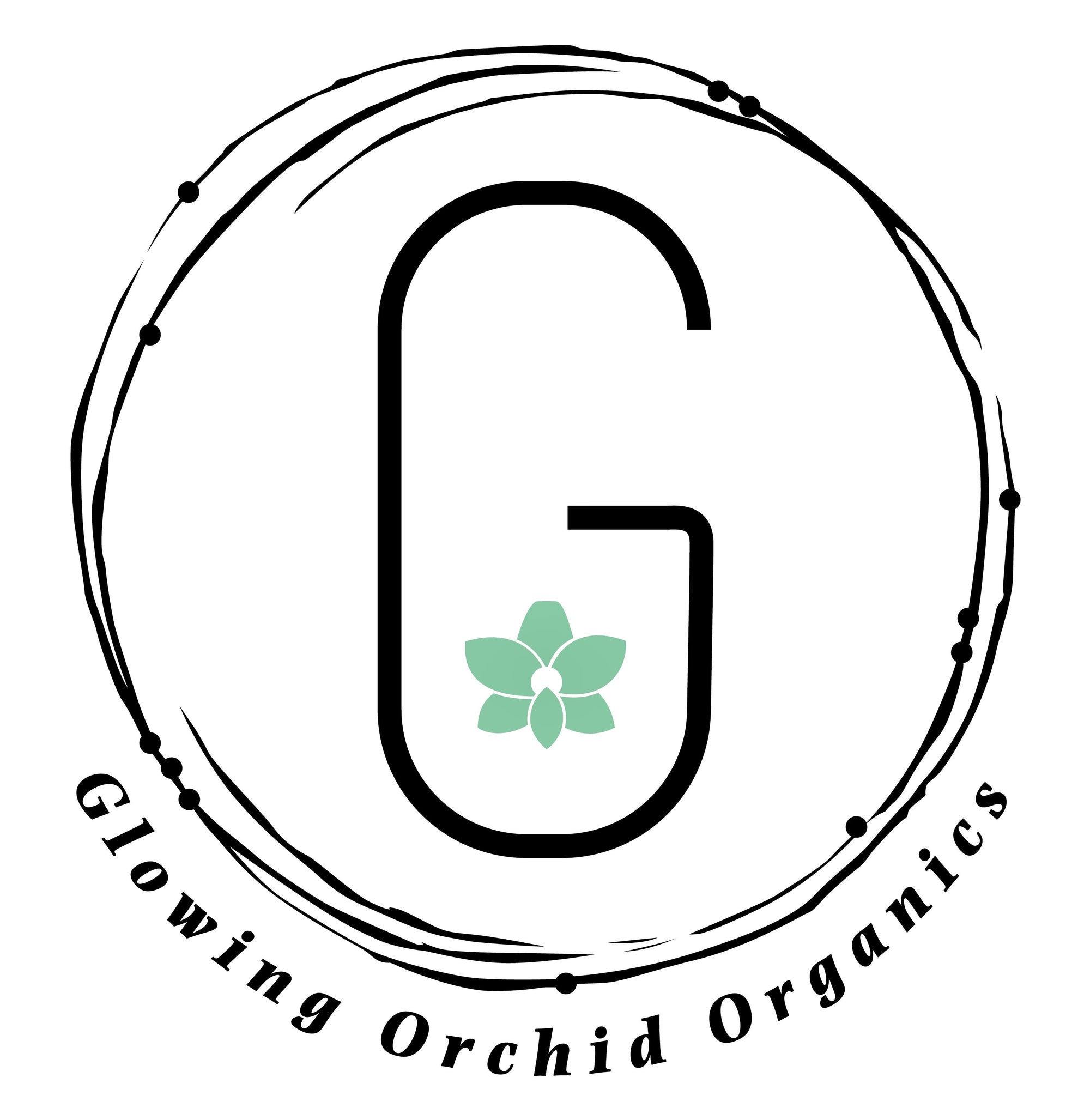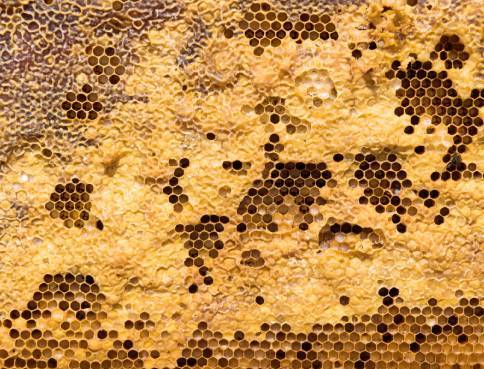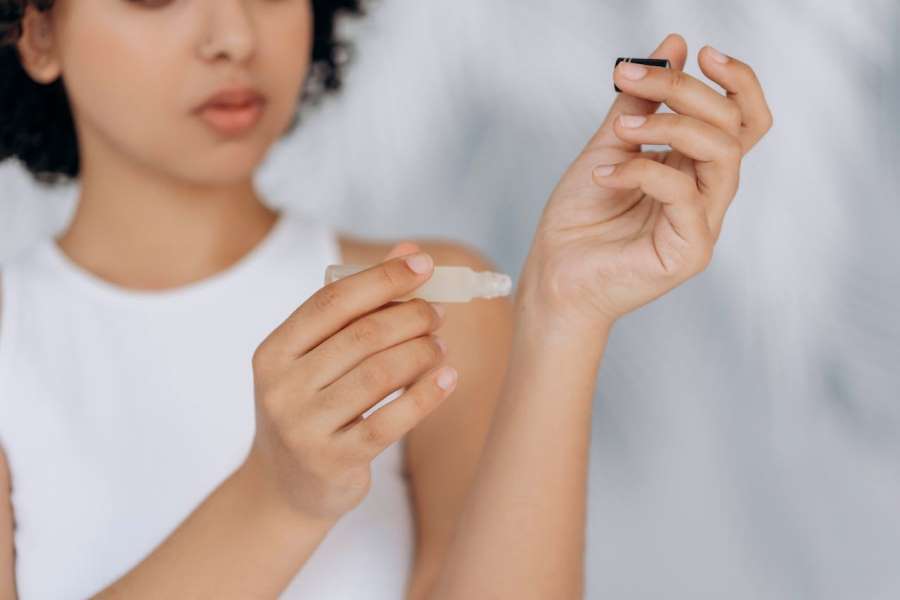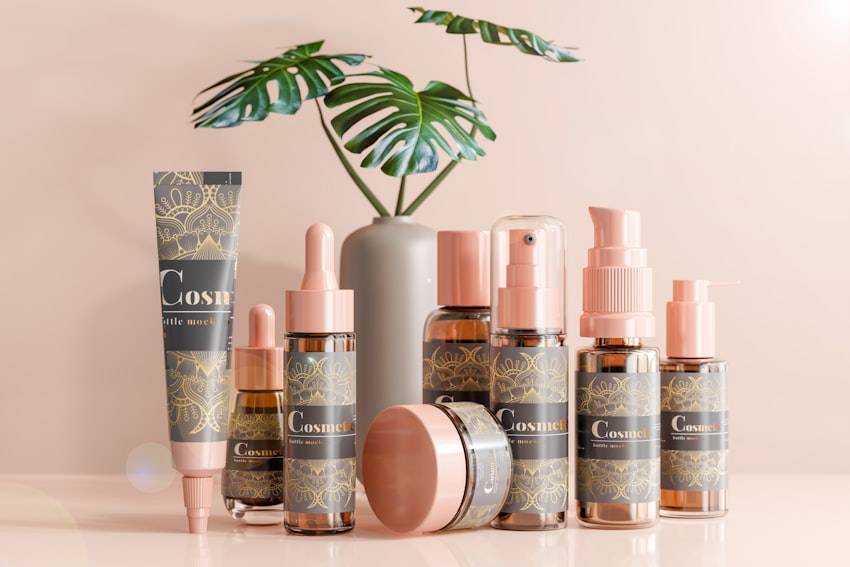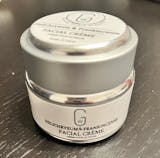Since the moment the human race started paying attention to the looks of their skin and how to keep it fresh and glowing, honey has held an honorable place among skincare products.
I have used other brands but settled on this one. A more natural cream with great ingredients, smells nice and goes on so smoothly
You should try it!
My husband brought this home one day and we have used this brand since. Works very well and I live thebscent
Love your deodorants.
I found the Lavender a little too strong. I'll try a different scent next time.
